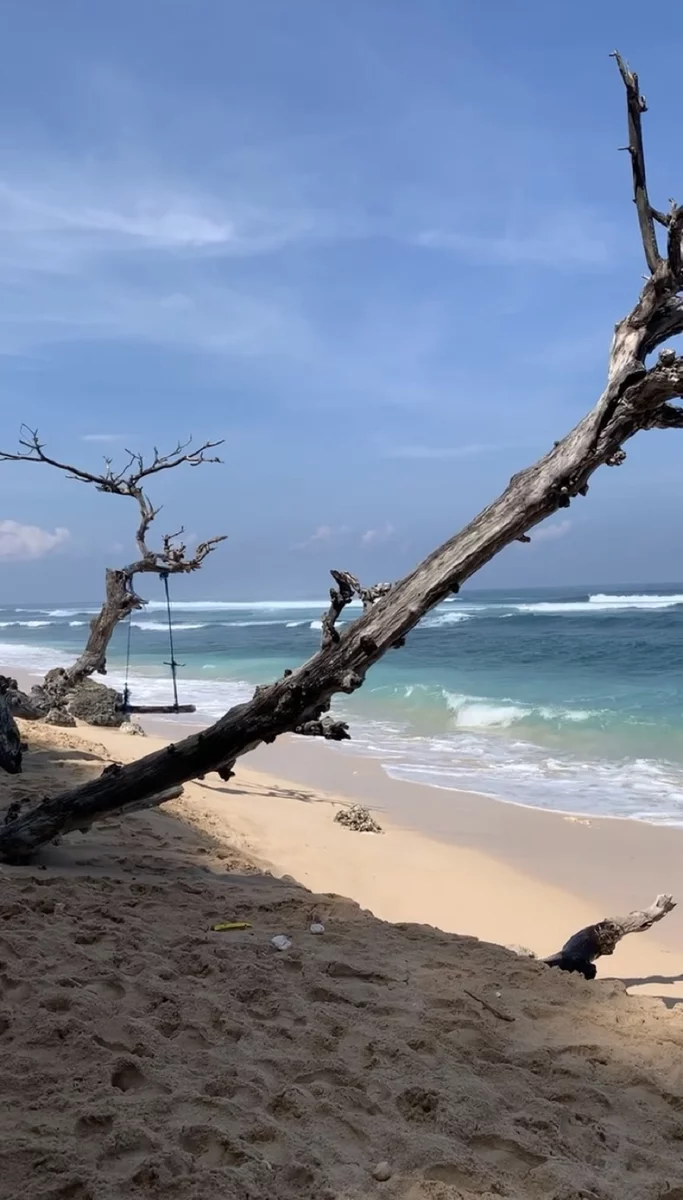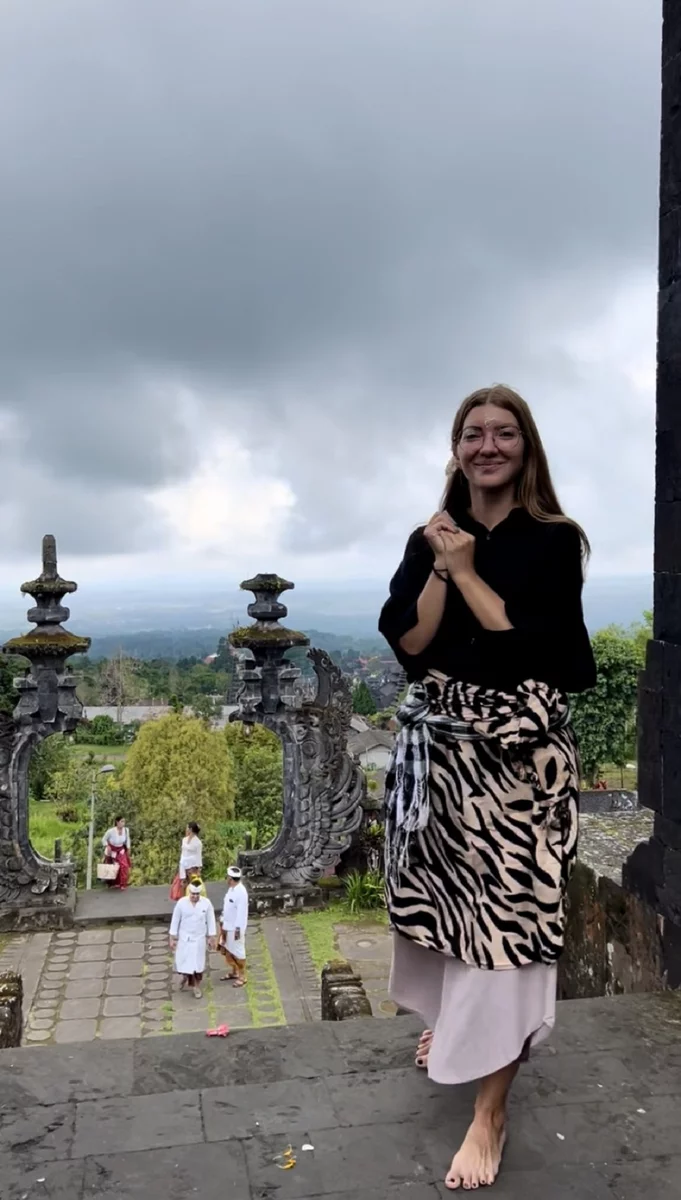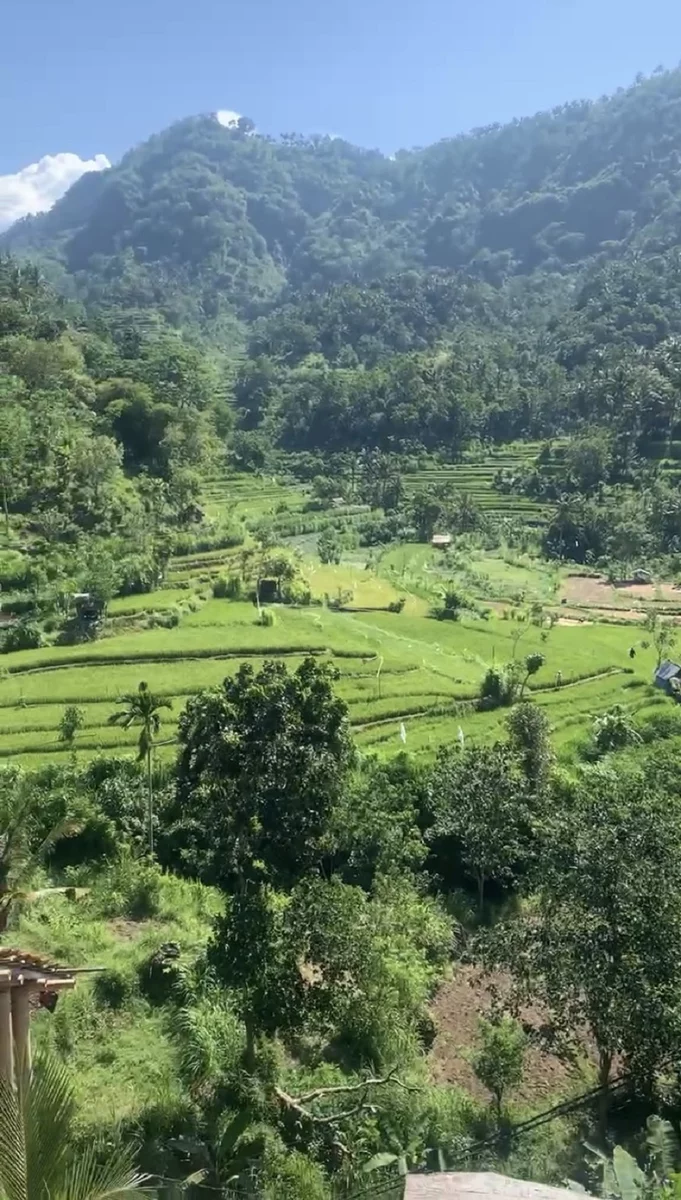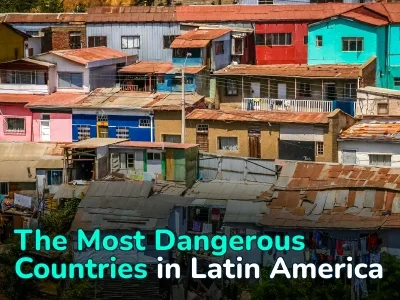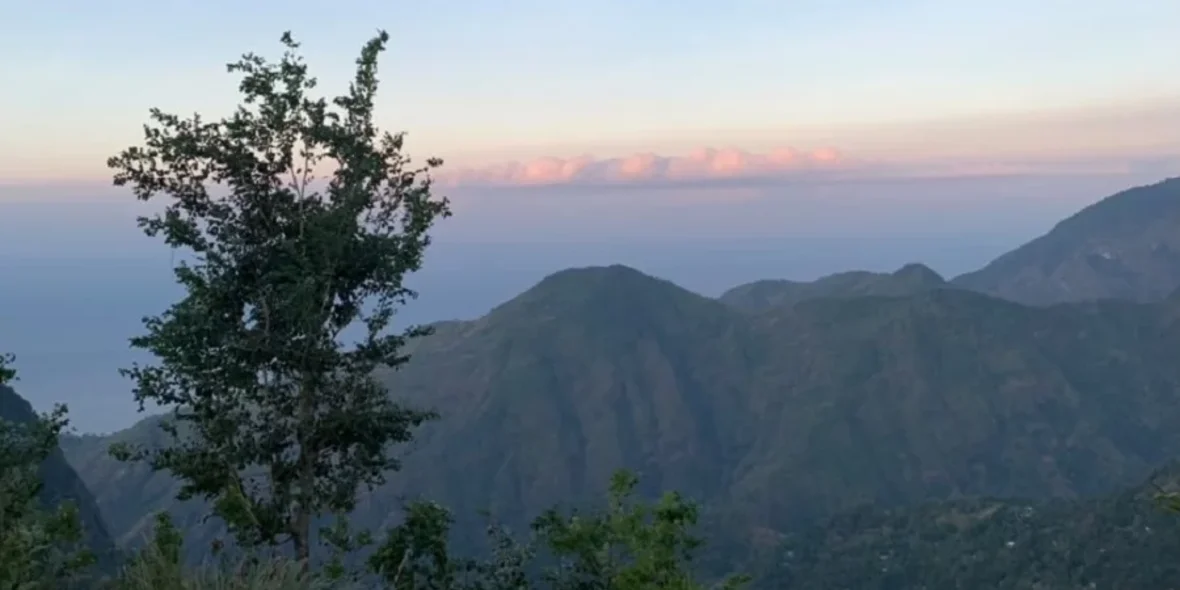
«It didn’t turn out to be that easy.» Personal experience of moving to Bali and useful information for those who are in doubt
Is it expensive to live in Bali? Which parts of the island do foreigners move to most often? What documents should be prepared for relocation? All about moving to Bali from first-hand experience — in our material.
The Indonesian island of Bali — a popular place not only for recreation, but also for relocation. The beauty of the scenery, the rich history and the spirit of freedom inspire many travelers to turn their short paradise adventure in Bali into a permanent way of life. But before truly immersing yourself in Balinese life, it is worthwhile to learn more details about the relocation process, local culture, and cost of living.
Victoria Orlik shared her personal experience with us: she told us why she chose to relocate to Bali, how she looked for accommodation and what difficulties she encountered, as well as what she likes and dislikes about living in Bali.
«It was a spontaneous decision — there was no plan to relocate»
— My name is Victoria. For the last 5 years I lived in Moscow and worked as an IT HR — I was hiring IT experts for Russian and international companies. Several months ago I switched completely to freelance. I value the freedom that has appeared in my life, I choose my own clients, work according to my own schedule, manage my work load and set my own price.
I have been living in Bali for 7 months and plan to stay for another six months. All my life I dreamed of living by the ocean, in a warm climate; I incredibly love nature, travel and cool people. Bali is the perfect combination of all these points.
Recently I got the idea to show the guys from Russia life in Bali from the inside, with all the pros and cons. After all, many are now looking for a country to move to, and living here is very comfortable. My blog can be found on Instagram. For me, it’s not just a blog, but an opportunity to help people find a new home. I am now providing relocation support: visas, bike rentals, advice on finding a place to live, getting a driver’s license, opening a bank account, etc.


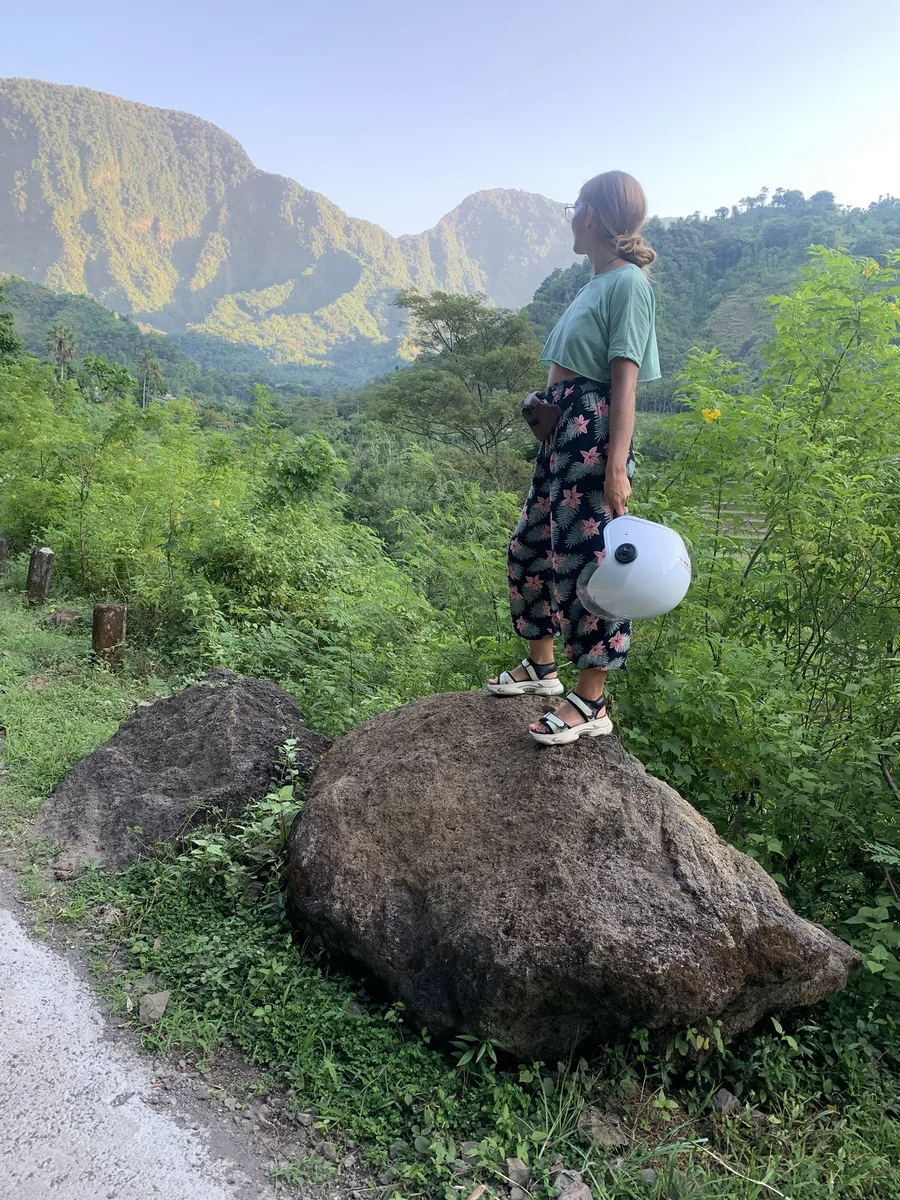
— In general, the relocation was a spontaneous decision — there was no plan to move. In January-March 2022, I spent the winter in Sri Lanka, and on April 1 was supposed to return to Russia and live my usual life. But after the events of February, I gave up my tickets, and the series of further events led me to Bali.
I chose Bali for a number of reasons:
- The climate and nature. I love Asia for its eternal warmth. The ocean 10 minutes from home is priceless.
- Prices. My acquaintances lived in Bali and told me about the cost of living. The budget level more than satisfied me and greatly surprised me.
- Length of stay. In Bali you can renew your visa every two months and live as long as you want.
- Russian speaking community. You can hear Russian in any cafe or guesthouse.
To prepare for the move I had a few weeks. During this time I took the following steps:
1. Asked friends who live in Bali why they like staying there, how to look for accommodation, and how much it costs to live there.
2. I watched a large episode of Anton Ptushkin, soaked up the atmosphere and realized I want to live here even more!
3. I went through Vinsky’s forum and BaliForum, chose an area for the first month, figured out the visa issues and chose the insurance.
4. Applied for visa. Made sure I was 100% eligible to be let in.
5. I booked my lodging 2 days before my flight through Booking.
Indonesia has launched electronic visas. It will speed up the process of entering the country
As for the documents that need to be prepared, today the list is as follows:
- Passport valid for more than 6 months at the time of departure from the country of residence.
- Return ticket from Indonesia (or booking of the ticket).
- Confirmation of a hotel/guesthouse/villa reservation.
- Certificate of full vaccination.
- Insurance with coverage of $50,000 or more.
As you can see, everything is quite simple.
Note. To move to Bali, you can use the following visa options: free visa, visa on arrival (VoA), social, tourist or cultural visa — they are valid for 30 to 180 days and can be renewed. If you are planning to move to Bali for a longer period, you can apply for a so-called KITAS (temporary work permit). It is also possible to get a family visa through your employer if you plan to move with your family.
«Finding a place to live turned out to be the most difficult process»
— The difficulties started immediately upon arrival: my hotel reservation was not confirmed and the wi-fi at the airport did not work. Thanks to a cab driver who helped me buy a SIM card and drove me around downtown Changgu for 2 hours at night looking for a free room in a hostel. As it turned out, after 10 pm in Bali almost everything is closed, it’s dark and weird outside. And in the hostels, the staff only work until 6 p.m. at the most. In general, I experienced a «great» welkam-quest from Bali, but the room was found.
The next 3 weeks I did nothing but chores: got my bank account at Permata Bank, got my bike license, and learned to drive it from scratch. The challenge was that I had to get into a work rhythm right away, and the mundane tasks required a lot of attention. It was important for me to find lots of contacts of trusted people to help solve all these tasks. Finding a place to live turned out to be the most difficult process; I dealt with it exclusively on my own.
Before I arrived in Bali, I had no idea how difficult it would be to find a cool hostel or villa for the long term. The demand for good accommodation in Bali was already high in May.
You can look for accommodation on booking, airbnb, agoda. There are also a lot of chat on Telegram, a couple of marketplaces on Facebook. The networking is very cool, good lodging often «passes» from hand to hand.
I always visit a hostel in person before paying, to make sure the place is really right for me. You can bring down the price by writing directly to the owner via whatsapp, to pay — by transfer to the card. Indonesians are pretty decent guys, rent is executed through the contract.
Real estate and rental prices are rising and will probably continue to rise in the near future. To give you an example: during the quarantine period, rooms in guesthouses with grades of 7+ were $250 — $400/month (Changu, Seminyak) — now the price has risen to $550-$750/month. In the center of Canggu, Batu Bolong, Berawa the price can be as high as $1000/month.
Villa rentals have always been more expensive due to the high level of comfort. The average rental price of a 3-bedroom villa, which will include cleaning, gardening, pool cleaning, — from $3000-$3500 per month.
Real estate in Bali is increasing in price by 15%-20% annually. I communicate now with companies that build villas on the island, so I know firsthand about the order of prices and quality of housing. For example, a 3-room villa in Canggu can now be bought for $180,000. Rental yields — from 40% per annum.
Note. In Indonesia, foreigners are not easy to buy property: the only way to do it is to create a company here and thus gain access to licenses for the right to build and the right to use. Therefore, many foreigners who do not have a business in Bali simply opt for a long-term lease. This means that the house or land can be leased for 25 years with an extension of up to 70 years, and can also be sublet for profit.
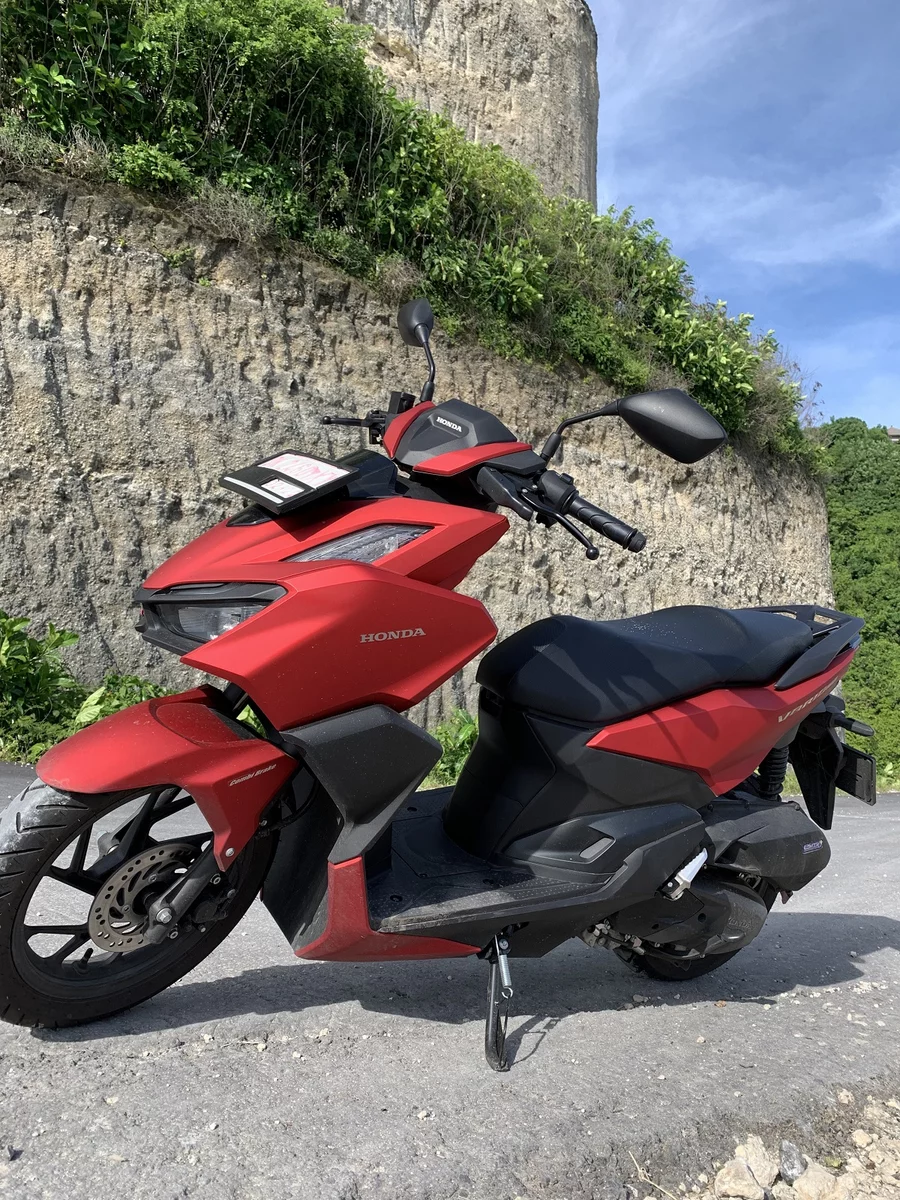
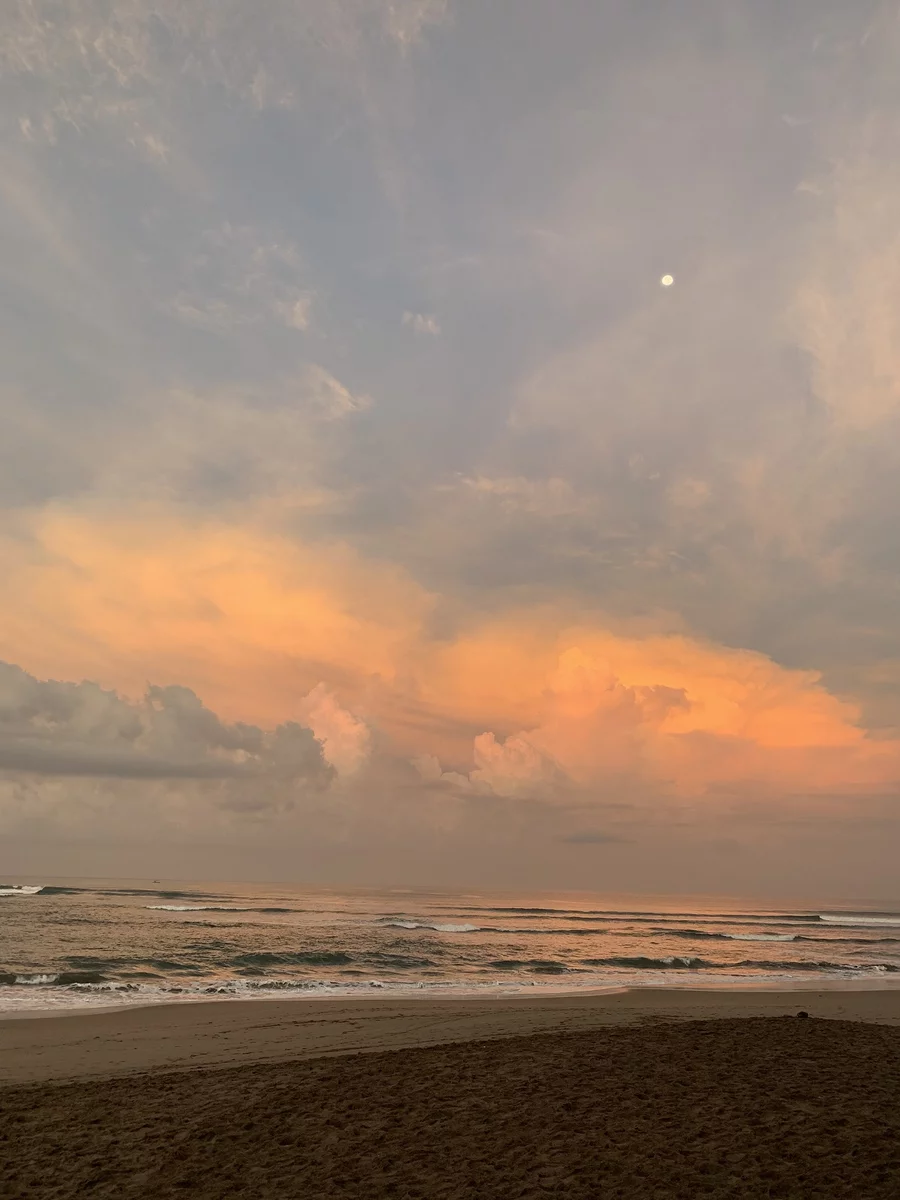
«In Moscow, I used to spend exactly the same amount. But there are a few significant differences»
— It is possible to feel comfortable in Bali at the level of the average salary in Moscow or St. Petersburg. Of course, everyone’s expenses are different. Let me give you an example of my own.
I spend between $2,000 and $2,500 a month. The largest item of expenditure is rent: I pay $600-$800/month for a room in a medium-sized villa or a good hostel. I eat exclusively in cafes and restaurants — I spend from $400 to $550. The other expenses: visa, insurance, travel, spa, cosmetics, sports, etc.
In Moscow, I used to spend exactly the same amount. But there are a few significant differences: in Bali there is fresh air, ocean, active lifestyle, travel and sunny weather, very friendly and hearty people.
How to live in Bali without paying taxes for 10 years? Indonesia offers a new visa
Now a little bit about domestic nuances. Russians without Kitas (work visa) are now allowed to open a bank account only by PermataMe Bank. You can get a multi-currency card, which will work almost all over Asia. There are a lot of ATMs and branches all over the island.
In terms of medicine, I have only been to a private dentist where I got fillings — everything went well. According to my friends who have lived in Bali for a long time, the medicine here is below average. At the stage of treatment of acute respiratory infections, appendicitis surgery and poisoning no questions arise. But if we are talking about more serious cases, many fly to Malaysia, South Korea, Turkey for treatment. But there are other examples: a friend of mine had a car accident recently, got an open hand fracture; the surgery was a success, and his hand has completely healed. 100% of the cost was covered by insurance.

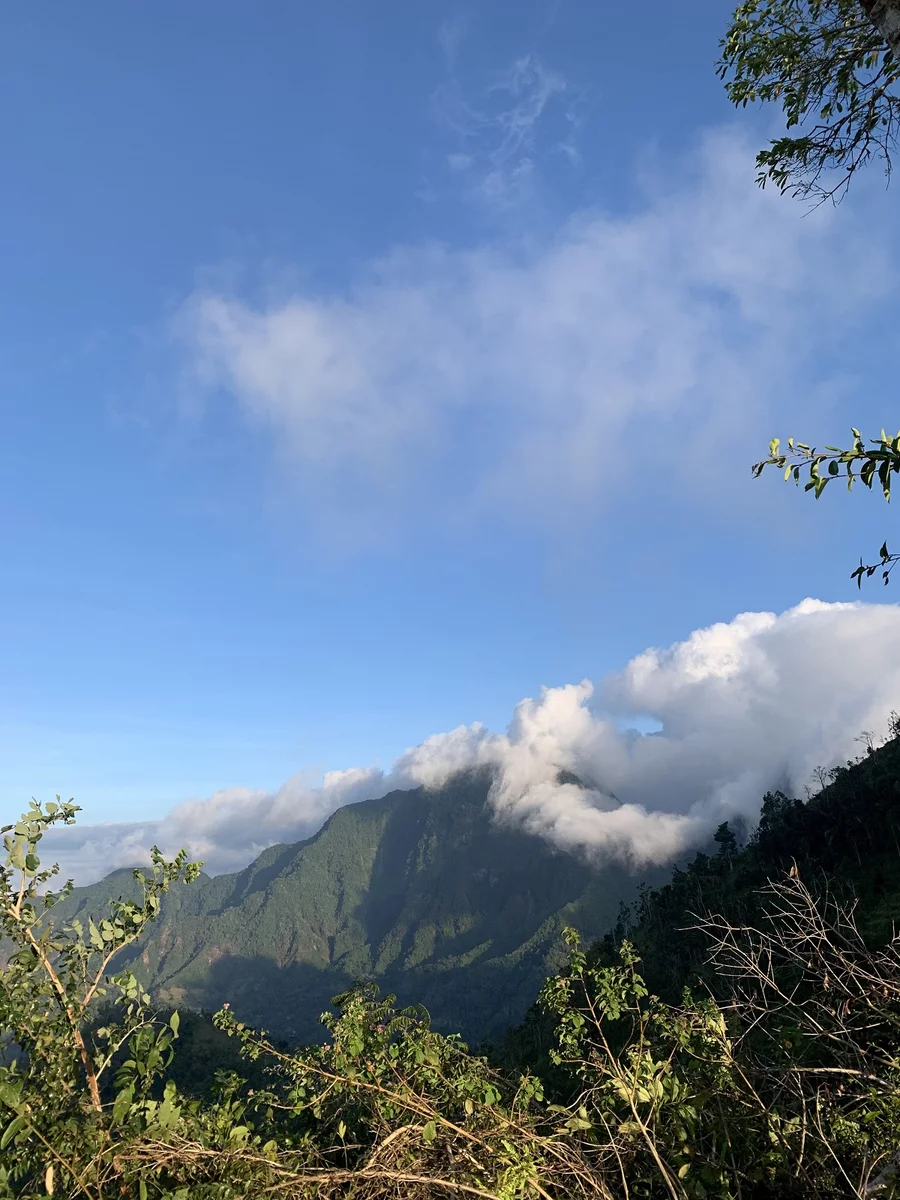
«The sunsets alone are worth coming here»
— I like life in Bali for many reasons, I will highlight the top points:
- Climate and nature. It is always warm, there is a relative change in temperature: the ocean +26-32, in the mountains +15-22. The island is buried in lush greenery, a great pleasure to admire the nature from all sides, traveling by bike. Sometimes I even doubt that such landscapes are real. And what sunsets... The sunsets alone are worth coming here.
- People. The kindness and smiles of the locals drown the coldest hearts. Balinese often offer help, they are very responsive and sincere. I recently was passing through the mountains on my bike. It was deserted. I stopped along the side of the road to check the route. A Balinese man came up to me from a humble village house and asked what was wrong, started offering to help — it was incredibly sweet.
- Opportunities. It’s easy to make useful contacts and make friends on the island. There are interesting people from all over the world — from Europe to Latin America. Many people open businesses here and stay for permanent residence.
- Infrastructure. The island has literally everything, except a large number of shopping malls. Grocery stores, gas stations at every step, clinics, dentistry, schools, kindergartens. A lot of gyms and beauty salons.
- Transport accessibility. You can get to any part of the island, very good roads (not without rare exceptions, of course).
- Freedom. Freedom is in the air. You get that feeling as soon as you arrive. Plus, there are many nationalities, opinions and beliefs in Bali — and most accept it.
The disadvantages, of course, also exist. That’s what I don’t like personally:
- Traffic and driving style. The driving skills of the locals leave a lot to be desired. The Balinese drive terribly: they cut you off and literally throw themselves under the wheels, confuse the turn signals, don’t warn you about maneuvers. The good news is you get used to it and try to avoid dangerous situations automatically.
- Insects. They are very annoying, especially during the rainy season. Often insects crawl into the house as well, hiding from the water outside — but there you can get rid of them with special means.
- Lack of sidewalks and parks. I personally miss this a lot. Everyone and everywhere is moving around on bikes, even if you have to travel a few meters ( no matter how funny it sounds).

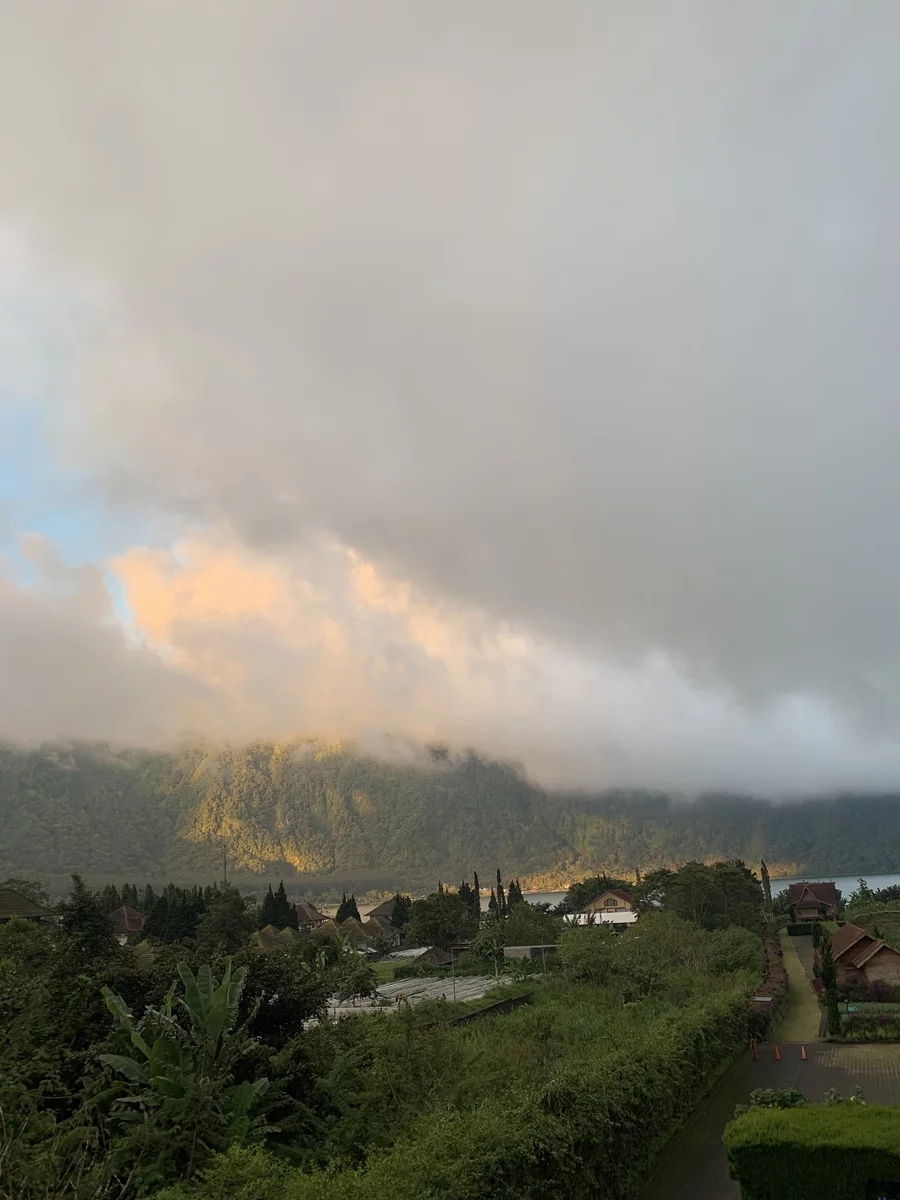
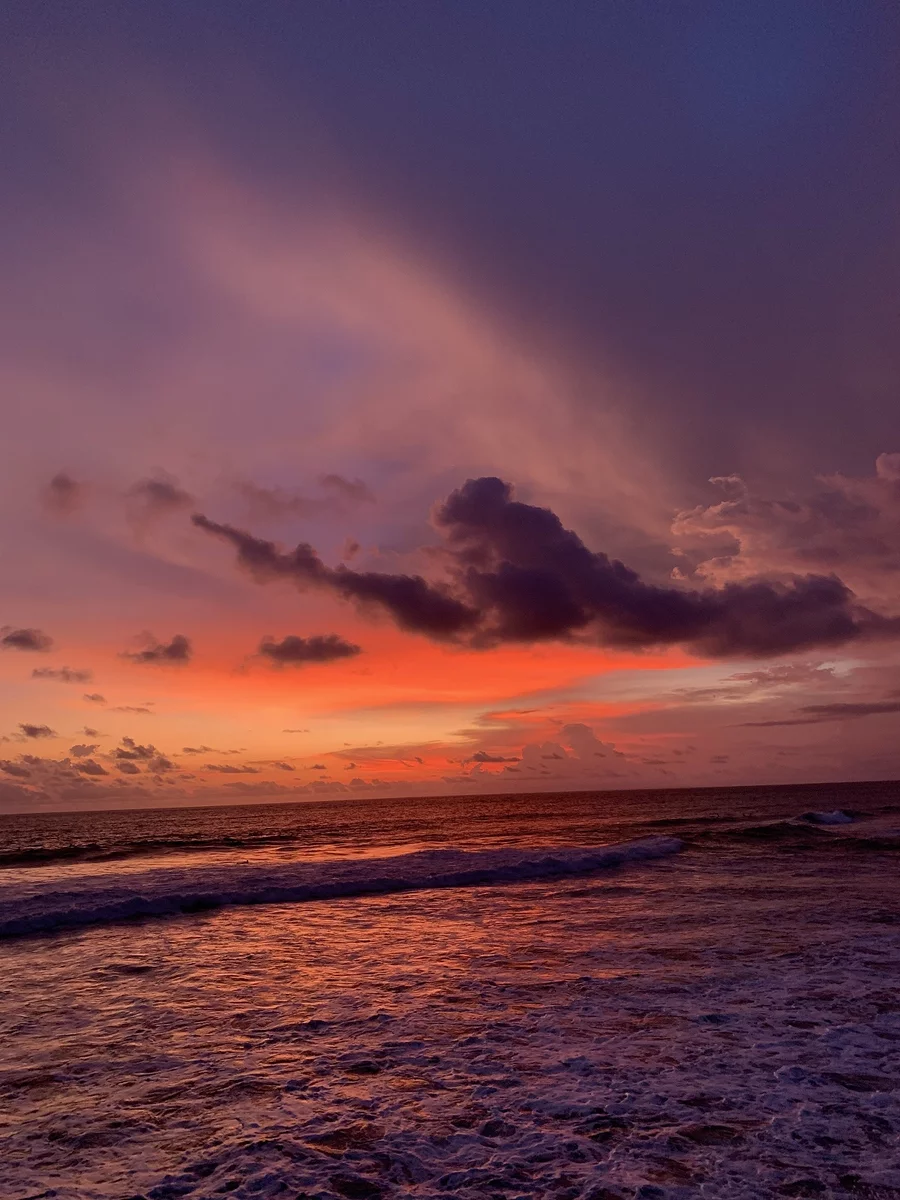
— The most suitable areas for expats and winter residents are in the Southwest: Canggu, Seminyak, Kuta, Bukit, Ubud. There are a lot of cafes, hotels, villas and hostels for every need. Why here? It’s simple — surfing.
From the South to the North of the island is about 3-3.5 hours. You can go on weekends to see dolphins and swim with plankton at the resort of Lovina. Lovina is very picturesque, with calm sea. It has everything you need: stores, villas, hotels, laundromats, a few tasty restaurants. But so far it is only a «weekend tourist story» — after a few days it gets boring, because there is no community; plus, it is far from the airport. In the next few years, I’m sure this place will become the second Changgu — very profitable location for investment.
In the Northeast, I personally like the Kintamani area: the ascent to Gunung Batur volcano, amazing views of the valley; it has a cooler climate, but it’s very beautiful.
By the coast of the Northwest is the village of Amed, which is famous for its beautiful corals and diving schools. This place, like Lovina, is more suited for buzzing weekends and beach relaxation.
There is a gorgeous national park in the West, the resorts are an attractive place to do retreats and get together with nature.
To summarize. All life is concentrated in the southwest, the rest of the perimeter of the island — the location with little infrastructure and lack of permanent community. Bali is very cheap to travel, entrance to a waterfall or temple costs from $2 to $10. Traveling with a company on bikes and renting a villa together, sometimes you can not even feel that the trip required any expense.
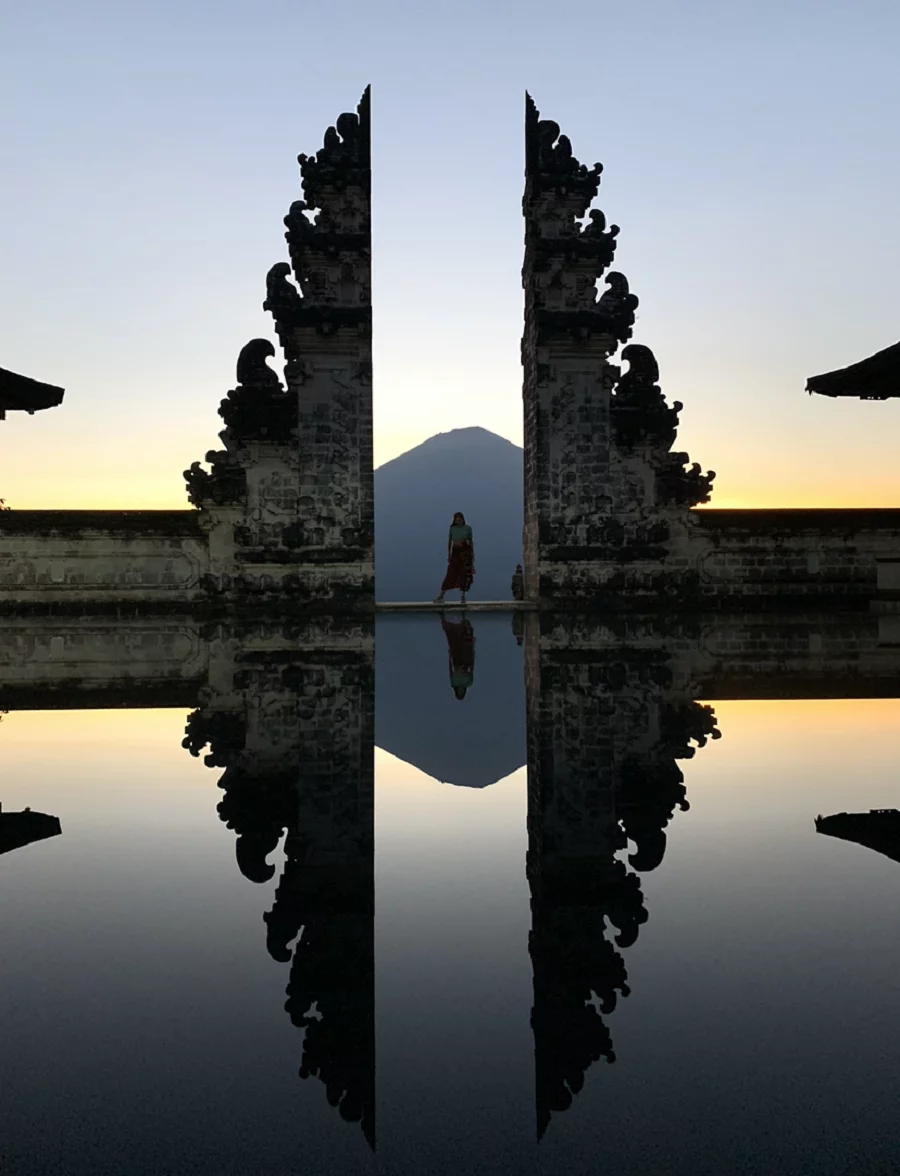
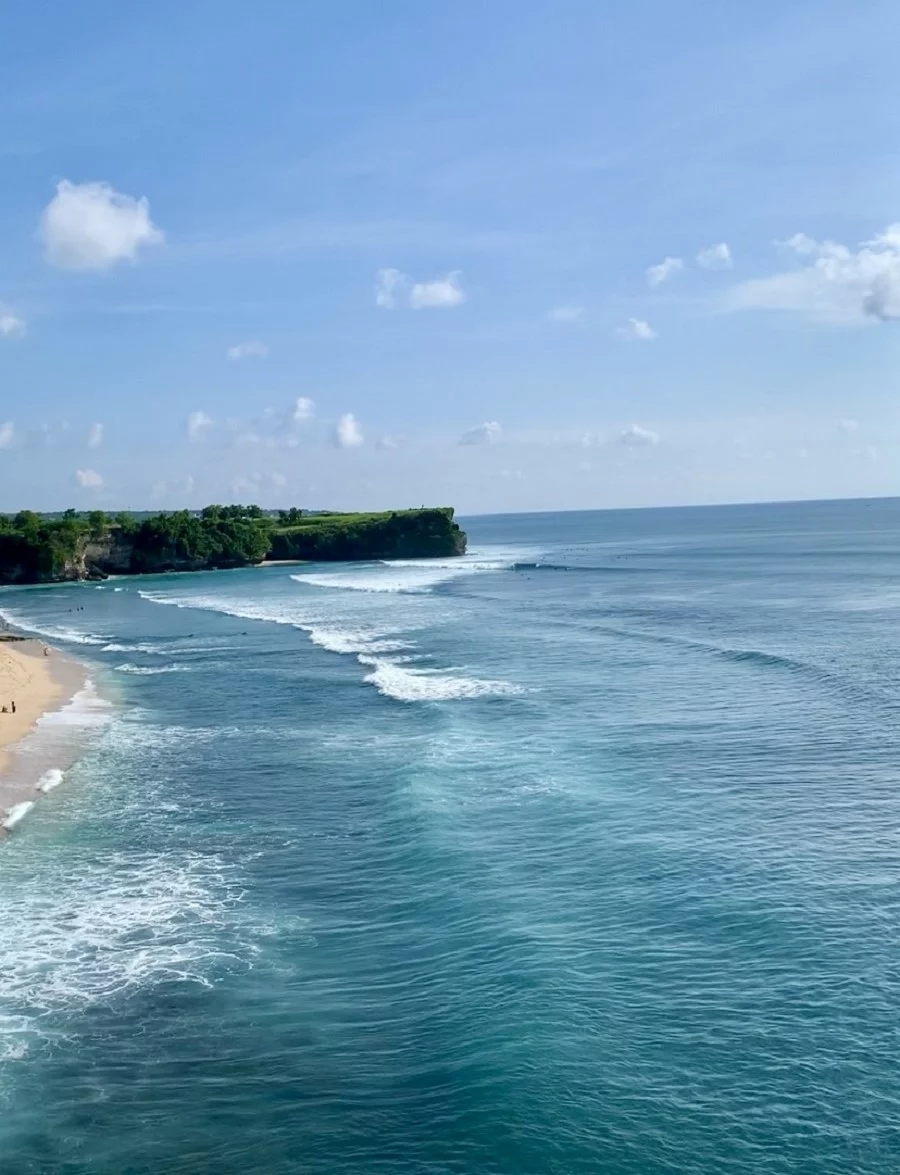
Do you want to share your personal experience of relocating and living in another country? Email us at info@realting.com. We will be happy to tell your story.
Author
I am responsible for editorial work. I write expert interviews and guides.









